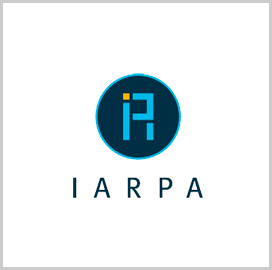
PICARD program
IARPA Awards Research Contracts for Aerosolized Chemical Threat Sensors
The Intelligence Advanced Research Projects Activity has awarded six organizations research contracts to develop sensing platforms that can detect and identify aerosol-based chemical threats in complex environments.
The contract awardees are Detect-Ion, Signature Science, Virginia Tech, the University of Colorado-Boulder, SRI International and Leidos.
The multiyear research and development effort is part of the newly launched Pursuing Intelligent Complex Aerosols for Rapid Detection program, the Office of the Director of National Intelligence said.
In a press release, Detect-Ion introduced Spectral, a miniature sensor platform it will develop in partnership with three subcontractors. Ashish Chaudhary, founder, CEO and chief technology officer of Detect-Ion, said Spectral will be designed as a small, light and low-power sensor that can detect and identify aerosolized chemical threats at low exposure levels.
According to Sherrie Pilkington, PICARD’s program manager, identifying hazardous aerosolized chemicals remains a challenge because existing sensors were not built to detect such substances when they mix with other particles and transform into unique structures.
Technologies from the PICARD contract awardees will undergo testing and evaluation by the Naval Research Laboratory, Pacific Northwest National Laboratory and Sandia National Laboratories.
Pilkington said the selected technology will enable the Intelligence Community to effectively mitigate chemical threat agents.

Category: Defense and Intelligence




